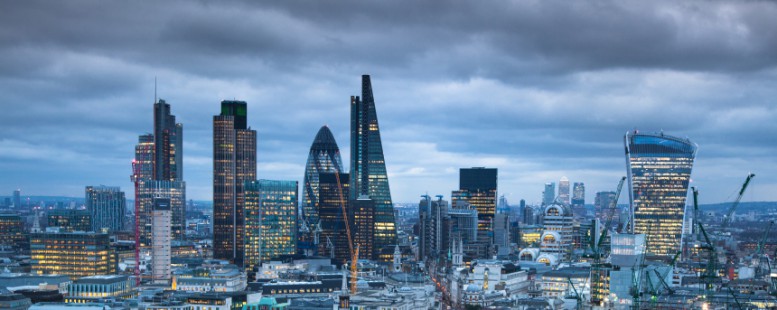Our Opinion: 2016
UK’s banks are suffering

Two of Britain’s lenders with big global footprints both announced disappointing results last week. HSBC announced a 1% rise in profits to $18.8bn in 2015, but fell into the red in the fourth quarter owing to losses on oil and gas sector loans.
Regulatory battles also remain far from resolved. Standard Chartered posted its first annual loss in over 25 years. Provisions for bad loans almost doubled to $4bn as it sank to a loss of $2.4bn. The share price has slid from £17 to around £3.90 in three years.
Robert Lea in the Times reported that the “most entertaining” part of HSBC’s annual report is always the one on legal proceedings and regulatory matters. To the horror show of the past few years, which allegedly encompassed money laundering, funding Mexican drug cartels and fixing Libor, can now be added an investigation by America’s Securities and Exchange Commission into cronyism in China. The bank appears to have recruited “princelings” – relatives of rich and well-connected local officials. This is not “the greatest crime”, given the bank was founded on “preferment and patronage”, concluded Lea, but “it does indicate that as a class of bankers, HSBC still does not get it”.
Meanwhile, the dent from oil and gas loans late last year will raise fears of worse to come – not just at HSBC, but at all banks. The upshot, according to Alex Brummer in the Daily Mail is that HSBC “is too large, too complicated and operates in too many markets”.
Standard Chartered, meanwhile, is also overstretched. It has discovered that riding the China, commodities and emerging-market boom was “the easy bit”, as Brummer noted. And while the worst of the downswing may be over, the bank will keep struggling in a sluggish global economy and a low interest-rate environment. It will also take time to deal with the “clean-up job on the sort of loan book typically found in struggling Asian casinos”, said Alistair Osborne in The Times. No wonder virtually nobody, including the bank’s Chief Executive Officer, Bill Winters, thinks the shares have troughed yet.
